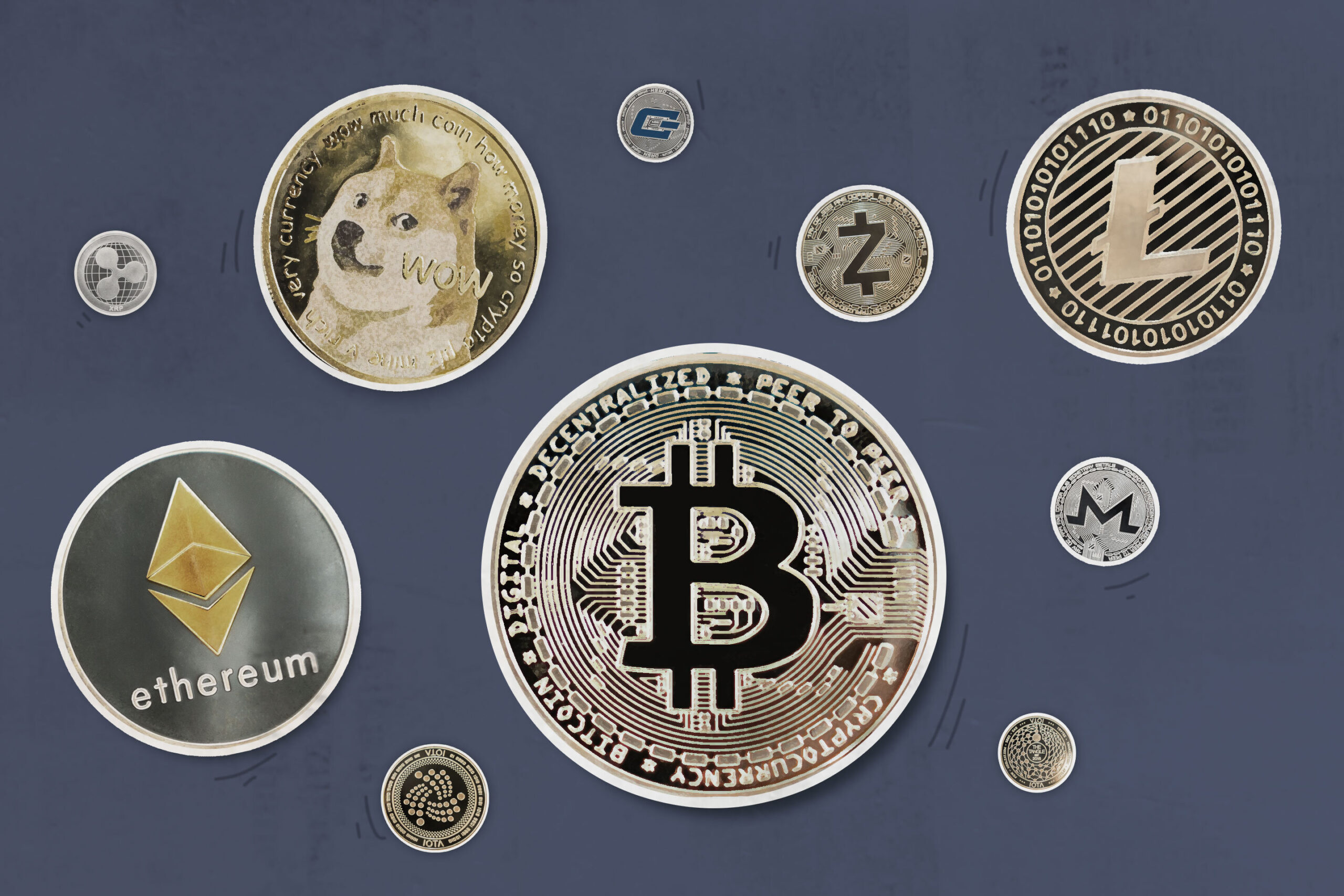Beyond Hacks: Understanding and managing economic risks in DeFi
Understanding and managing economic risks in DeFi goes beyond hacks. Learn about the key factors and strategies for mitigating these risks in decentralized finance.

The decentralized finance (DeFi) ecosystem is rapidly evolving, offering unprecedented opportunities while simultaneously presenting complex economic challenges that extend far beyond traditional cybersecurity concerns. As the DeFi landscape matures, it becomes increasingly important to understand and manage the multifaceted economic risks that accompany this innovative financial frontier.
Comprehensive Risk Landscape in DeFi
DeFi platforms are currently navigating a multi-dimensional risk environment characterized by several key factors:
- Economic Vulnerabilities: The inherent design of DeFi protocols can expose them to various economic risks that may not be immediately apparent.
- Systemic Financial Risks: The interconnected nature of DeFi platforms means that issues in one protocol can have cascading effects across the entire ecosystem.
- Structural Design Challenges: Many DeFi protocols are still in their infancy, leading to potential weaknesses in their economic frameworks.
- Regulatory Uncertainties: As governments and regulatory bodies begin to scrutinize DeFi, the evolving legal landscape adds another layer of complexity.
Key Economic Risk Categories
Understanding the specific types of economic risks is crucial for participants in the DeFi space. Here are some of the most significant categories:
-
Liquidity Risks:
- Sudden capital withdrawals can lead to liquidity crises, affecting the stability of the entire platform.
- Market depth limitations may result in significant price slippage during high-volume transactions.
- Cascading liquidation events can occur when multiple assets are liquidated simultaneously, exacerbating market volatility.
- Many economic mechanisms within DeFi are still fragile and can be easily disrupted.
-
Smart Contract Vulnerabilities:
- Economic exploits at the code level can lead to significant financial losses.
- The complex interdependencies between various protocols can create unforeseen risks.
- Weaknesses in protocol design can be manipulated by malicious actors, leading to economic instability.
-
Tokenomics Instability:
- The value of tokens can be highly volatile, influenced by market sentiment and external factors.
- Unsustainable incentive structures can lead to economic imbalances within the ecosystem.
- Inflationary or deflationary pressures can destabilize token value, impacting user confidence and participation.
Emerging Risk Management Strategies
To address these challenges, leading DeFi researchers and platform developers are implementing advanced risk mitigation approaches:
-
Dynamic Risk Assessment Models:
- Real-time economic monitoring allows for immediate identification of potential risks.
- Predictive algorithmic analysis can forecast economic trends and vulnerabilities.
- Automated risk scoring mechanisms help assess the safety of various protocols.
-
Economic Design Innovations:
- Enhanced liquidity protection protocols are being developed to safeguard against sudden withdrawals.
- Sophisticated collateralization frameworks aim to provide more stability to the economic models of DeFi platforms.
- Adaptive economic parameters can be adjusted in response to changing market conditions.
-
Decentralized Insurance Mechanisms:
- Community-backed coverage models offer protection against specific risks.
- Algorithmic risk redistribution can help mitigate losses across the ecosystem.
- Transparent claims processes build trust and encourage participation.
Quantitative Risk Analysis
Recent studies have provided critical insights into the economic risks present in DeFi:
- Approximately 30% of DeFi protocols exhibit significant economic vulnerabilities.
- An estimated $1.5 billion is lost annually due to economic manipulation and exploits.
- Despite these risks, there is a growing institutional interest in DeFi, indicating confidence in its long-term potential.
Expert Perspectives
Dr. Elena Rodriguez, Blockchain Economic Research Lead, emphasizes the importance of understanding economic risks:
"The DeFi ecosystem is transitioning from a purely technological experiment to a sophisticated financial infrastructure. Understanding economic risks requires a holistic approach that integrates technological, behavioral, and macroeconomic perspectives."
Regulatory and Compliance Considerations
As the DeFi landscape evolves, emerging regulatory frameworks are increasingly focusing on:
- Economic stability mechanisms to ensure the resilience of DeFi platforms.
- Transparent risk disclosure to inform users about potential vulnerabilities.
- User protection protocols to safeguard participants from economic losses.
- Cross-border financial compliance to address the global nature of DeFi.
Technological Innovations Addressing Risks
Innovative technological solutions are being developed to tackle economic risks in DeFi:
- Advanced oracle networks provide reliable data feeds to enhance decision-making.
- Multi-layered economic security protocols help protect against various attack vectors.
- Machine learning risk prediction models can identify potential vulnerabilities before they are exploited.
- Decentralized governance frameworks empower users to participate in decision-making processes, enhancing accountability.
Future Outlook
The DeFi sector is poised for significant growth, with expectations to:
- Develop more robust economic models that can withstand market fluctuations.
- Enhance risk transparency to build trust among users and investors.
- Create sophisticated economic defense mechanisms to protect against potential threats.
- Attract institutional investment through improved safety and risk management practices.
Recommended Risk Management Approach
For participants and investors in the DeFi space, a proactive approach to risk management is essential:
- Conduct thorough due diligence - Understand the economic mechanisms underlying each protocol.
- Diversify investments across multiple platforms to mitigate risks.
- Stay informed about evolving risks and market trends.
- Utilize advanced risk assessment tools to evaluate potential investments.
Conclusion
The DeFi ecosystem represents a complex and dynamic financial frontier that requires continuous learning and adaptive strategies. A comprehensive understanding of multifaceted economic risks is crucial for success in this innovative space. By implementing effective risk management practices and staying informed, participants can navigate the challenges and seize the opportunities that DeFi has to offer.
Disclaimer
This analysis provides general insights and should not be considered financial advice. Always conduct independent research and consult financial professionals before making investment decisions.
About the Analysis
- Research Period: Q3 2024
- Methodologies: Comprehensive economic risk assessment
- Data Sources: Multiple DeFi protocol analyses, expert interviews, blockchain economic research
Call to Action
Stakeholders are encouraged to:
- Engage in continuous education about DeFi and its risks.
- Support robust economic design to enhance platform stability.
- Contribute to risk mitigation efforts within the community.
- Promote transparency in DeFi ecosystems to foster trust and participation.
What's Your Reaction?














